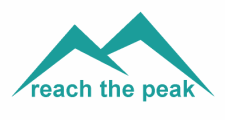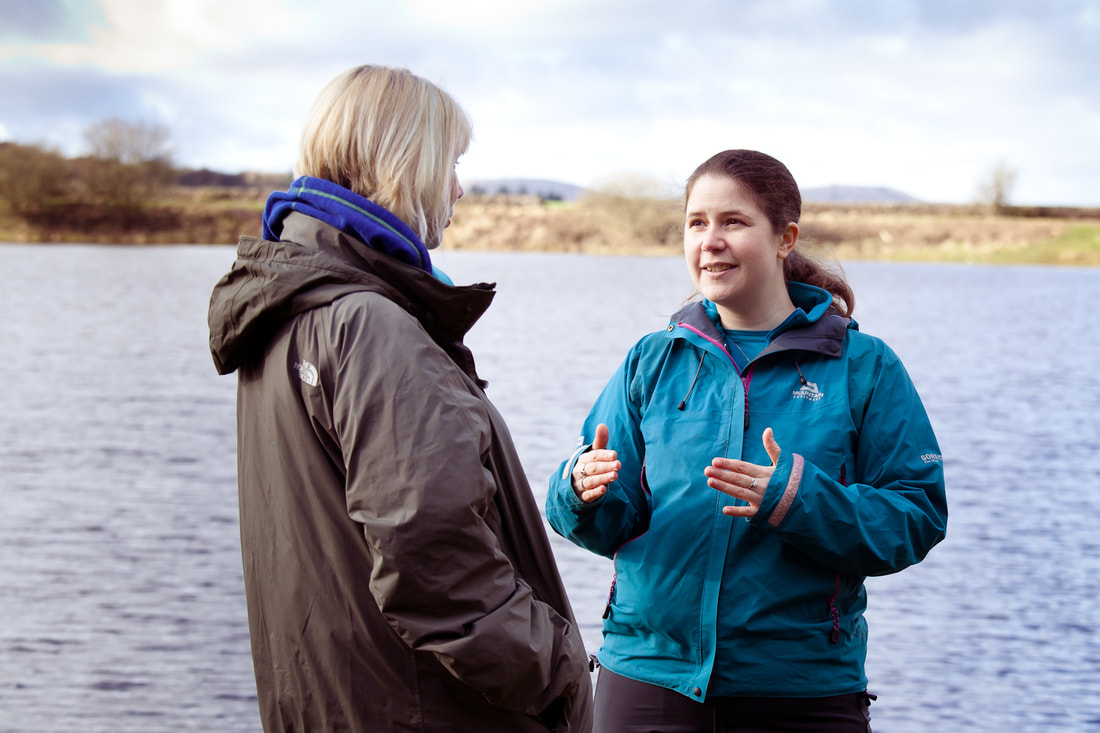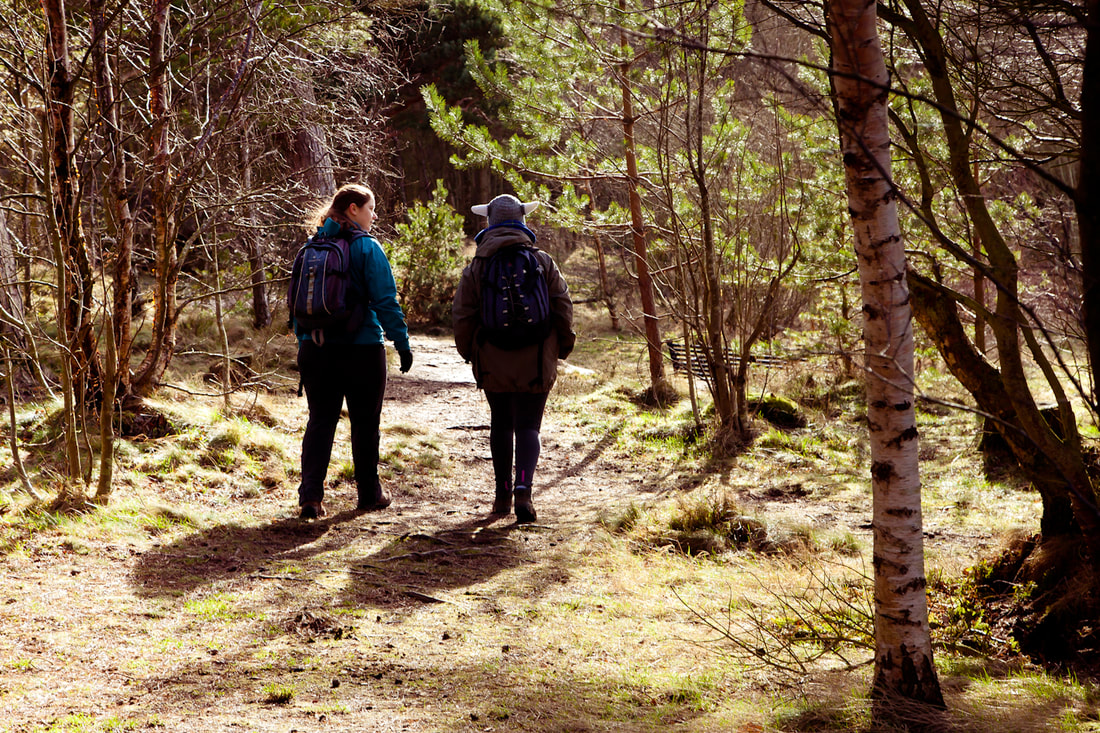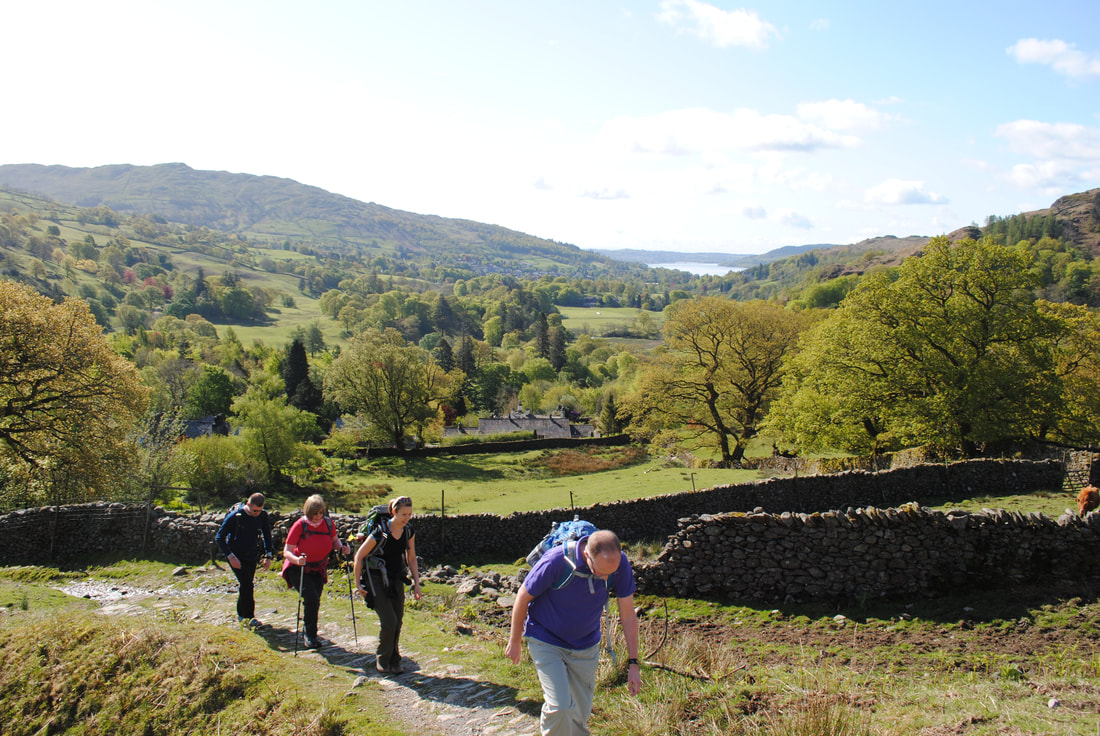- Do you love helping people find solutions to their problems?
- Are you the friend that everyone tells their secrets to and asks advice from?
- Are you fascinated by how people think and learn and solve problems?
- Do you like to see others grow, develop and succeed?
- Perhaps you are already a coach and looking to develop your coaching skillset?
For some people, it may be that you have kids and you’re helping them to learn their independence, navigating the tricky world of friendships and early romantic relationships. You help them to learn new skills (you don’t want to be wiping their bum when they are 20!) and to understand the complexities of the world around them.
The way you speak to them, give them feedback, give them instructions and support them when they are learning will be shaping their self-esteem, confidence and capabilities for their whole future. That’s a big responsibility, eh? The good news is, there’s loads of NLP that can help this be the most positive experience it can be – after all, Linguistics, or the way you use language is in the name (Neuro-Linguistic Programming = NLP.)
Particularly with a new team member, if you just tell them the answer now, they won’t go through the process of figuring out for themselves and so next time, they will just come to you with another similar query. To help someone grow into a role, sometimes you need either let them think it through, with some guiding questions of what to think about, or let them make the mistake and give some high-quality, constructive feedback afterwards.
Many of us may be the friend or family member that everyone else comes to with their problems. It can sometimes be tempting to just tell them what to do, or give them advice from when you were in a similar situation. But a good coach will help them to work out what is right for them to do next, in their own unique situation. They will listen carefully and make a judgement call on the right kind of support to give.
The NLP Diploma, and by extension, the NLP Practitioner is also packed full of tools and techniques that can help out family and friends, from breaking patterns of behaviour like overeating, and nail biting, to helping to make decisions with the Decision-Making Compass, to thinks like the Phobia Cure and achieve their goals with the Well-Formed Outcomes Process.
Of course, lots of coaches use their expertise to work with paying clients to earn a living, in a range of specialisms.
- Life coaching
- Business coaching
- Executive Coaching
- Sports Coaching
- Relationship Coaching
- Career Coaching
- Performance Coaching
- Health Coaching
- And many more
Whether paid for, or coaching in your day-to-day life, what all these situations have in common is that someone else has a problem, or a challenge that they are facing, and you can’t make that decision for them. That person needs to make a decision for themselves - you can simply support them to make the best decision for themselves. And that is what coaching is all about.
Sure, you could just tell them what to do, but this rarely works – humans are far more bought into an idea and likely to carry it out when they’ve thought-through and come up with it themselves.
Coaching, in fact, is very rarely about giving advice. While you may often be to see an obvious solution, or feel like you know what the other person should do, its not your problem to solve! In fact, it may even be a little arrogant to think that you know what is best for someone else, better than they do.
The nub of coaching is about questions – asking great, open questions which allows the coachee to think about something differently, to consider it from a new point of view, to explore a part of the problem that they haven’t noticed yet, which may just be where a solution is hiding. It’s about helping someone to find their own best solution, without wanting to sound like a hippy, but from their own ‘inner wisdom’, rather than from you.
NLP works with Open Questions a lot – these are questions which are focused solely on the answerer’s agenda, without trying to lead them down a certain path. They give the space and the opportunity for the answerer to explore the question and all possible answers (rather than a Closed Question just requiring a yes or no answer.) Open questions can explore relationships between things that the answerer previously thought were unconnected. They come without judgement and deepen the answerer’s understanding of themselves and the situation.
Some of the most impactful moments in my coaching career have been a long silence, left purposely unfilled, giving the coachee time to ponder the question at hand, reflect and find a new solution in the absence of any other noise. So sometimes, the skill is in staying silent rather than saying anything.
Of course, there’s much more skill to it than that. A great coach works to build rapport with their client from the start, earning the respect from, and connection with, their client that enables them to open up about what is important to them, and feel psychologically safe enough to explore new territory.
A capable coach will recognise patterns of behaviour, and can feed these back to the client, and where appropriate, support them to make a change of habit.
There are many NLP processes which help to break old patterns of behaviour (like Breaking an Anchor) and install new patterns or new habits, like the New Behaviour Generator.
More often than not, when a client comes to me with two choices, its clear from the outset which one they will choose, as their eye sparkle and their voice leaks passion in every phrase. Its just a case of helping them to smash through any barriers that are in their way, or to support them in dealing with anything holding them back – most commonly, lack of confidence, low self-esteem, feeling like they don’t deserve it, or fears over money or some other kind of safety.
Whatever your role in coaching others, the NLP Diploma lays the foundations of the skills that are needed to do it well – great coaching questions, how to listen really effectively, and tools and techniques to help people think differently.
At a deeper level, the course will help you to read between the lines of what people say into what is really going on for them, understand body language, pick up on incongruencies, and build really strong rapport. The course covers the skills to give feedback to others, how to support and challenge gently, and it is filled with opportunities to practice your skills so that you leave already feeling capable and confident.
The NLP Diploma makes up the first module of the 16-day long NLP Practitioner, which certifies you to practice as an NLP professional, or simply use your skills to help out family, friends and work colleagues.
During the course, you will often practice on topic in pairs or threes, enabling you to experience the coaching as a coach, as the coachee and as an observer. This triple perspective enables you to have a deeper insight into how the tools work. Multiple practice opportunities mean that by the time you’ve finished the course, you’ll feel confident to go out there and coach straight away.
If you are interested to find out more about the NLP Diploma, or Practitioner, contact me at [email protected] or on 07757 542956.
You can book your place right now at:
NLP 2-day Taster
Change Your Life with NLP (4-day Diploma)
NLP Practitioner




 RSS Feed
RSS Feed